

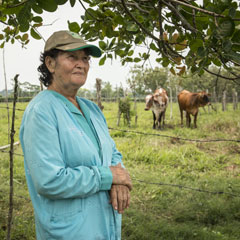
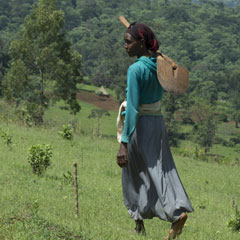
Since 2013, the World Bank's BioCarbon Fund Initiative for Sustainable Forest Landscapes (ISFL) has been collaborating with countries around the world to reduce emissions from the land sector through smarter land-use planning, policies, and practices.
With around $355 million in fund capital, the ISFL supports large-scale emission reductions programs in Colombia, Ethiopia, Indonesia, Mexico, and Zambia.
From the start, the ISFL’s partners and contributors have been a driving force for change. Their continued collaboration and commitment demonstrate how local organizations, governments and the private sector can work together to address the impacts of climate change, protect landscapes, and improve the livelihoods of forest-dependent communities.
“For the global community to build back better, we must redefine how we use our land, embrace approaches that balance environmental and economic sustainability, and strengthen the resilience of vulnerable populations. This is a large-scale shift that demands large-scale action, actions that the ISFL has been championing over the last few years.”
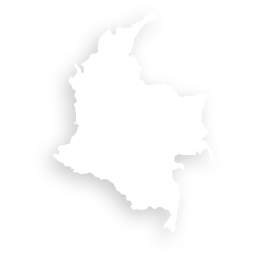
made substantial progress mainstreaming environmental considerations into land use planning and strengthening engagement with public and private sector partners.

submitted its Emission Reductions Program Document, which is being audited so an Emissions Reduction Purchase Agreement can be established with the ISFL.

completed the preparatory work required to commence program implementation in the coming year.

obtained a renewed commitment from the government to engage with ISFL and is continuing to coordinate inter-agency efforts to integrate investments and sustainable practices for forest ecosystems.
conducted innovative analyses on district and local level land tenure security to inform program planning for climate-smart agriculture, community forestry management, and wildlife management, and commenced the development of its Emission Reductions Program Document and Benefit Sharing Plan.







Over the past year, the ISFL continued to develop country-specific strategies to connect programs with private actors and formulate effective pathways to achieve sustainable value chains. The ISFL collaborated extensively with internal and external stakeholders to design implementation plans for these strategies. ISFL also continued to work with national and international organizations and companies to foster and enhance private sector partnerships.
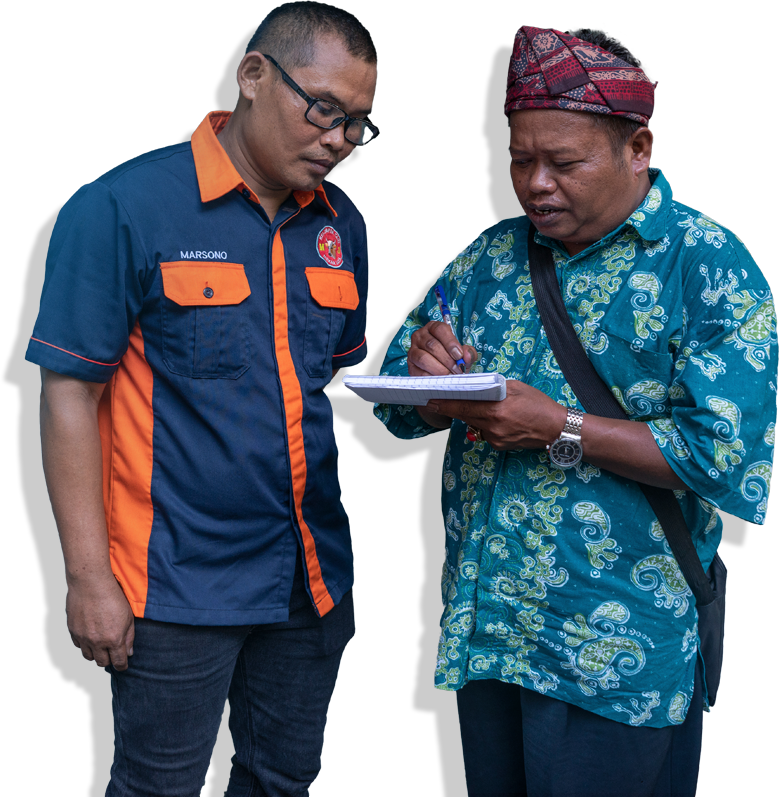
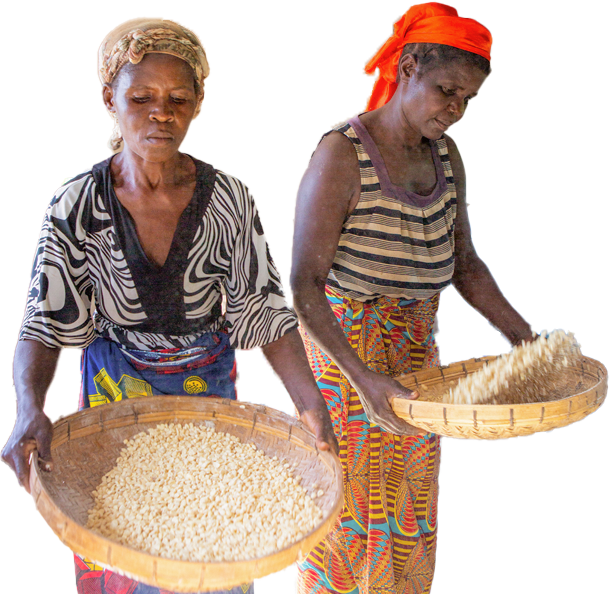
To build an integrated gender and social inclusion approach, the ISFL focuses on understanding how men, women, Indigenous Peoples, local communities and civil society organizations are engaged in the planning, implementation, and monitoring phases of different sustainable landscape programs. Gaining knowledge on the complexities and challenges around social inclusion will help to ensure that these groups have equitable access to the opportunities and benefits that arise from emission reductions programs.

This year, the ISFL made substantial headway in supporting countries to design, implement, and operationalize their national systems for measurement, reporting and verification so they can accurately estimate greenhouse gas emission reductions.
The ISFL also helped program countries increase their capacity for greenhouse gas accounting through workshops, needs assessments, and technical advising sessions as in-country task teams implement their grants and prepare their emission reductions programs.
Successfully moving the Indonesia program from design into implementation
Moving forward with the implementation of grant-funded activities in Colombia, Ethiopia, Mexico, and Zambia
Drafting Emission Reductions Program Documents for Colombia, Indonesia, Mexico, and Zambia
Preparing for Emission Reductions Payment Agreement negotiations
Implementing private sector engagement strategies in Colombia, Ethiopia, and Indonesia
Increasing the inclusion of women and Indigenous Peoples across all ISFL programs